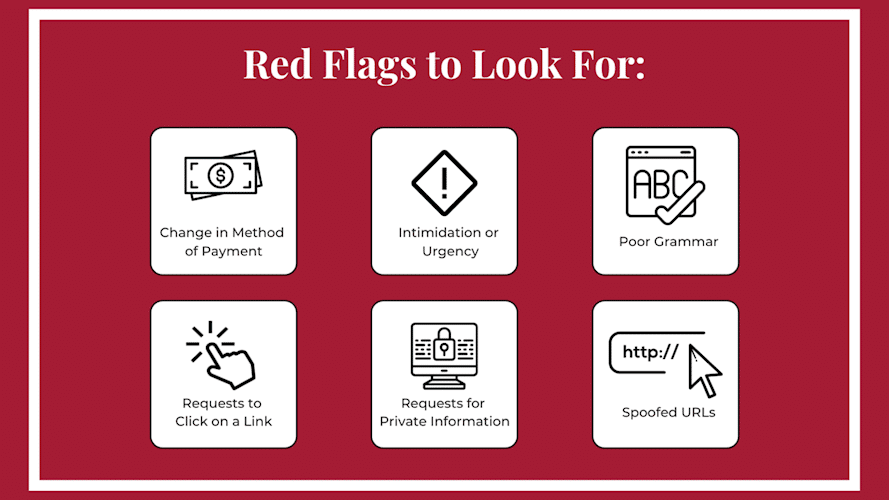How to Highlight Your Engineering Projects Online
In the current digital environment, it is imperative that you create an online portfolio to display your engineering projects. In addition to increasing your credibility, a strong web presence draws in possible customers, partners, and employers. This is a thorough guide on how to properly showcase your engineering projects on the internet.

Why Showcasing Your Engineering Projects Matters
In the realm of engineering, your real-world experience frequently outweighs your credentials. Using a digital platform to showcase your work has several benefits:
1. Builds Trust and Credibility
An online portfolio serves as a visual CV that highlights your technical proficiency and output. Seeing examples of your work in the real world builds trust.
2. Attracts New Opportunities
Showcasing your projects gives you a competitive edge by providing concrete evidence of your skills, whether you’re seeking for clients, investors, or employment prospects.
3. Helps Network with Industry Peers

By posting your projects online, other engineers may get interested in working with you or accepting your request to participate in bigger projects.
Key Steps to Highlight Your Engineering Projects Online
1. Choose the Right Platform
Choose the best platform to house your portfolio first. Here are several possibilities:
Personal Website: Establish a specific website that acts as the central location for your portfolio. Building a website is made simple by tools like Squarespace, Wix, and WordPress.
Professional Networks: LinkedIn and Behance are great places to connect with professionals in the field.
Communities Particular to Engineering: To reach a more focused audience, sign up for specialized networks like GrabCAD, GitHub, or ResearchGate.
2. Select Projects Strategically
Not every project is worthy of being included in your portfolio. Select initiatives that:
Highlight your technical prowess.
Show off your ability to solve problems.
Add quantifiable outcomes, such cost savings or increased efficiency.
are simple to explain to a wider audience and visually appealing. For website designs hawthorn, see here.
3. Create Engaging Project Descriptions
Include the following information for every project:
Overview of the Project: Give background information, such as the issue you resolved or the needs of the client.
Your Position: Indicate what you were responsible for, such as managing, testing, or designing.
Problems and Fixes: Emphasize the challenges you faced and how you resolved them.
Results: Provide measurable results, such enhanced performance, cost savings, or recognition.
4. Use High-Quality Visuals
Videos and images enhance the visual appeal and readability of your efforts. Incorporate:
schematics or 3D renderings.
images of finished goods, installations, or prototypes.
time-lapse films showing the development of a project or simulations.
5. Highlight Technical Details
Technical depth is valued by engineering audiences. Incorporate:
Software and tools utilized, such as AutoCAD, MATLAB, and Python.
material information, computations, or specifications.
Iterations in design or testing methods.
Optimizing Your Engineering Portfolio for Online Visibility
A portfolio is only the first step. You must make sure it is accessible and discoverable in order to optimize its impact.
1. Optimize for SEO
Your portfolio will rank higher on search engines thanks to search engine optimization (SEO). Important advice:
Make use of pertinent keywords such as “structural analysis case studies” or “mechanical engineering projects.”
Create illustrative alt text for pictures.
Give each project a meta description.
2. Make It Mobile-Friendly
Make sure your portfolio is responsive and looks fantastic on all devices because a lot of people browse the internet on their phones.
3. Enable Easy Sharing
Include buttons for social media sharing in your portfolio. This expands your reach by incentivizing people to share your work.
4. Include Testimonials and Endorsements
Request brief testimonials from clients or partners who can attest to your work. For more credibility, include them with related initiatives.
Tips for Keeping Your Online Portfolio Relevant
1. Regularly Update Your Portfolio
As your career develops, so should your portfolio. To keep it impressive and new, add new projects and take out old ones.
2. Highlight Achievements

Make sure to highlight any awards, publications, or noteworthy outcomes your work have obtained.
3. Personalize Your Branding
Make your website’s tone and style consistent. To represent your brand as an engineer, use a polished logo, a dependable color palette, and well-written content.
4. Monitor Analytics
Utilize programs such as Google Analytics to monitor how users interact with your portfolio. You can use this information to further optimize your design and content.
Best Practices for Showcasing Engineering Projects
1. Keep It Simple and Organized
Make navigating your portfolio simple for users. Sort projects into groups based on technology, industry, or kind. https://diversewebsitedesign.com.au/is-elementor-good-for-websites/
2. Focus on Quality Over Quantity
A crowded portfolio has less impact than a few well-documented projects.
3. Use Storytelling
Present your projects as tales that describe the steps taken to bring them to fruition. They become more relatable and interesting as a result.
4. Ensure Professional Presentation
To make a good impression, use clear designs, appropriate grammar, and crisp images.

Conclusion
Putting your engineering projects on display online is a great approach to establish your credibility, draw in opportunities, and show off your knowledge. You can make your portfolio stand out by picking the appropriate platform, picking noteworthy tasks, and showcasing them expertly. Your internet presence will continue to be a useful tool for the duration of your career with regular upgrades and optimization.





